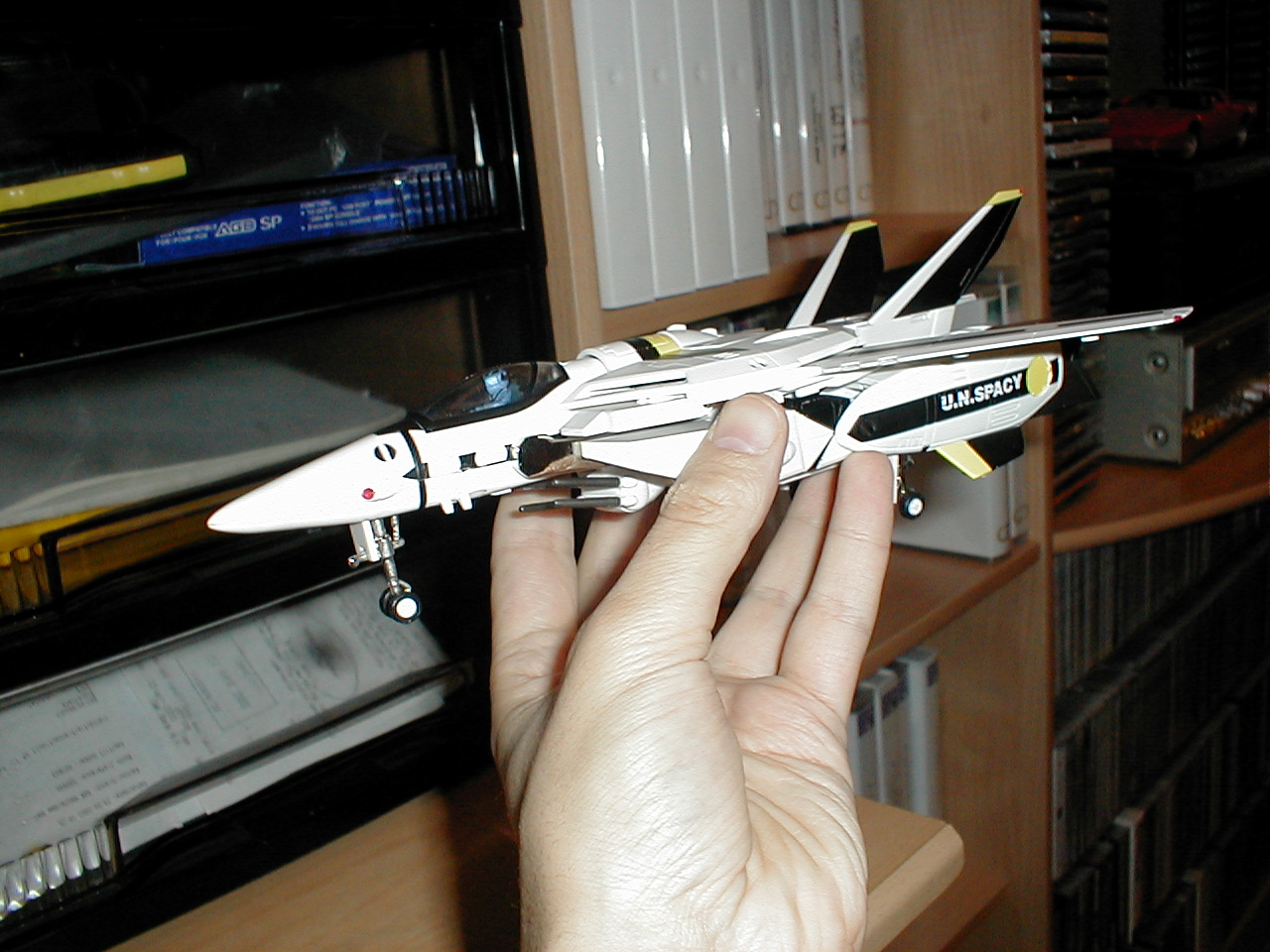
Lately, private jets have transitioned from being symbols of wealth and exclusivity to becoming a extra accessible mode of transportation for a broader vary of individuals and businesses. The allure of flying in a private aircraft isn’t just about luxury; it additionally encompasses comfort, safety, and efficiency. Because the demand for private aviation continues to soar, it is crucial to study the components driving this pattern, the implications for the aviation industry, and the environmental concerns related to private jet travel.
The private jet market has witnessed significant development, significantly within the aftermath of the COVID-19 pandemic. With industrial airlines going through unprecedented challenges, many travelers have turned to private aviation as a safer various. The want for social distancing, combined with the flexibleness of scheduling, has made private jets a pretty choice for many who can afford it. In response to a report by the Nationwide Enterprise Aviation Association (NBAA), the variety of private flights in the United States increased by over 30% in 2021 compared to pre-pandemic levels, signaling a strong recovery for the sector.
One in every of the primary drivers behind the rise of private jet travel is the rising number of high-web-worth people (HNWIs) and extremely-excessive-web-value people (UHNWIs) across the globe. As wealth continues to concentrate amongst a small share of the inhabitants, the market for private jets has expanded. In 2022, the Wealth-X World Ultra Wealth Report indicated that there have been over 250,000 UHNWIs worldwide, a figure that is predicted to develop in the approaching years. This demographic shift has led to a surge in demand for private jets, with manufacturers like Bombardier, Gulfstream, and Cessna ramping up production to satisfy this rising want.
Furthermore, the rise of fractional possession and jet card packages has made private aviation extra accessible to those who may not have the means or want to purchase a whole aircraft. Fractional possession permits individuals to buy a share of a jet, which entitles them to a certain variety of flight hours per year. Jet card applications, alternatively, provide pre-paid flight hours on a wide range of aircraft without the long-term dedication of ownership. These innovative models have democratized private jet travel, permitting more individuals to experience the advantages of flying privately.
The comfort of private jets cannot be overstated. Passengers can avoid the lengthy strains and crowded terminals often associated with commercial air travel. Private jets can land at smaller airports, bringing travelers nearer to their closing locations and reducing total journey time. Additionally, the pliability of scheduling allows passengers to depart on their very own terms, rather than adhering to the rigid timetables of commercial airlines. This degree of comfort is particularly interesting to enterprise executives who need to maximise their productivity and minimize downtime.
Safety is another vital factor driving the popularity of private jets. The private aviation sector has carried out stringent well being and safety protocols in response to the pandemic, including enhanced cleansing measures and contactless companies. Many private jet operators have also adopted advanced expertise to watch the health status of passengers and crew members, additional ensuring a protected travel surroundings. For those concerned about publicity to massive crowds, private jets supply a level of management and assurance that industrial flights cannot match.
Nevertheless, the speedy growth of private jet travel just isn’t with out its challenges, particularly concerning environmental sustainability. Private jets are sometimes criticized for their carbon footprint, as they emit considerably more greenhouse gases per passenger than industrial flights. In keeping with a report by the Worldwide Council on Clear Transportation, private jets can produce as much as 14 instances more emissions per passenger than commercial airlines. As awareness of local weather change grows, many trade leaders are grappling with find out how to make private aviation extra sustainable.
In response to these concerns, a number of corporations are exploring various fuels and innovative applied sciences to cut back the environmental affect of private jets. If you have any inquiries pertaining to where and how to use www.privatejetscharter.review, you can make contact with us at our own site. Sustainable aviation gas (SAF) is gaining traction as a viable resolution, as it may possibly scale back carbon emissions by up to 80% compared to traditional jet gasoline. Additionally, advancements in electric and hybrid aircraft expertise are on the horizon, with a number of manufacturers engaged on growing electric jets that could revolutionize private aviation.

Regulatory our bodies are additionally starting to take notice of the environmental implications of private jet travel. In some regions, governments are contemplating implementing stricter regulations and taxes on private aviation to encourage extra sustainable practices. The European Union, for instance, has proposed a tax on private jet flights as part of its broader climate coverage initiatives. This transfer has sparked debates in regards to the stability between luxurious journey and environmental responsibility, as properly because the potential financial impact on the private aviation business.
Despite these challenges, the way forward for private jets seems brilliant. As know-how continues to evolve, the industry is poised for further growth and innovation. The emergence of on-demand charter companies and digital platforms has made it easier for travelers to ebook private flights, additional enhancing the attraction of private aviation. Moreover, the rise of remote work has led to increased journey flexibility, with many individuals looking for to mix work and leisure via private jet travel.
In conclusion, the rise of private jets represents a significant shift in the aviation panorama. As more people and businesses embrace the convenience, security, and luxury of private aviation, the industry is adapting to satisfy this rising demand. While environmental issues stay a pressing concern, the continuing developments in sustainable applied sciences and practices provide hope for a extra eco-friendly future. As we look ahead, will probably be fascinating to see how the private jet trade evolves and what new innovations will emerge to redefine luxury journey within the skies.



